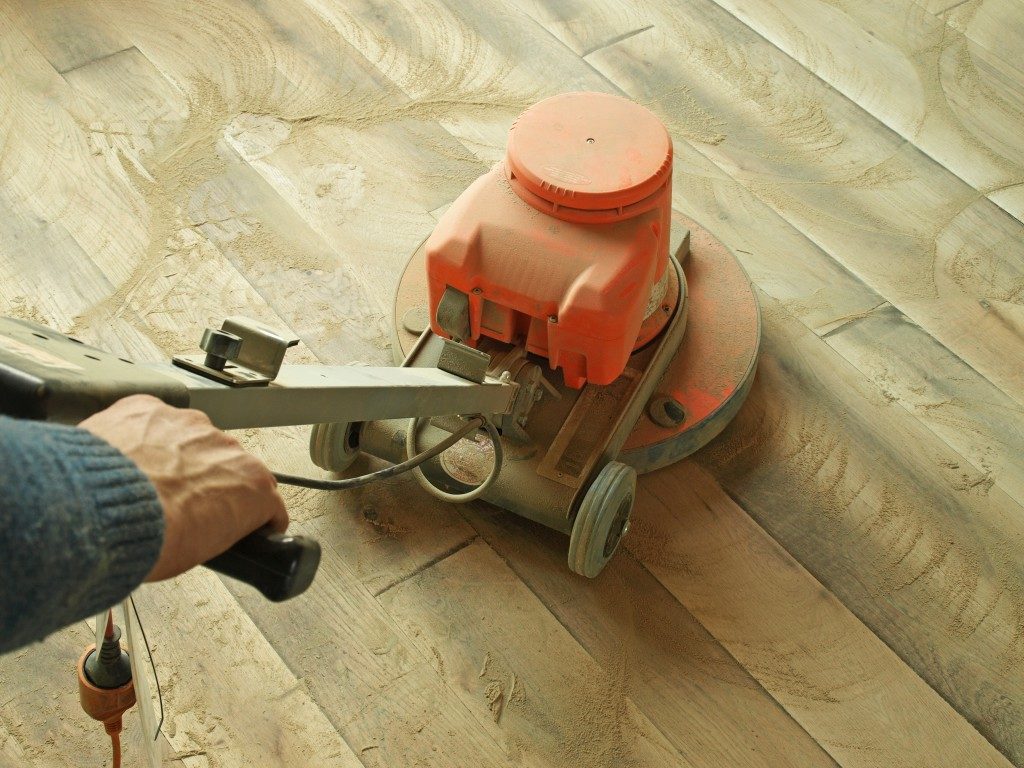After testing various flooring materials, Consumer Reports reveals that solid hardwood and engineered hardwood are among the top-scoring options. The lab test examined the resistance of each material to wear and tear, dent, and other environmental factors.
But should you consider replacing the flooring of your Utah home with either of these materials?
Utah’s Climate Can Affect the Quality of Hardwood Flooring
Consumers and some manufacturers view solid hardwood as the only wood flooring. It’s entirely made of solid hardwood, and it can last for decades with proper maintenance. When it comes to moisture, however, the material can deteriorate. A flood can also damage the material, and it won’t return to its former shape.
The climate in Utah can cause problems to natural hardwood floors. When it rains, the material will soak up all the moisture, causing the wood to swell. The cold season, meanwhile, can take away all the moisture, causing the material to shrink.
Your hardwood flooring contractor in Salt Lake City may recommend using another material instead: the engineered hardwood.
The Ideal Hardwood Flooring for Utah Homes

Engineered wood has high-quality plywood as a base, and on top of it is a thin slice of hardwood. This is a durable flooring material but not as much as natural hardwood. It has an incredible ability to hold up to limited moisture, though.
Unlike solid hardwood, engineered wood doesn’t warp and flex as easily when exposed to moisture because its plywood base is dimensionally stable. Plywood has fibers that run in cross-wise layers, a more stable structure compared with parallel fibers in natural hardwood.
Using engineered hardwood also helps you save money. High-end engineered hardwood flooring can cost you about $8 to $13 per square foot, plus the installation costs that range from $3 to $10 per square foot. Natural wood, meanwhile, costs $4 to $14 per square foot, with installation costs of $4 to $8 per square foot.
The location of your home and the intricacy of the project can affect the labor costs. Hardwood floors are also made from various trees, such as maple, pine, bamboo, and red oak. This plays a role in defining the cost of the project.
Areas to Install Hardwood Flooring
Installing engineered hardwood flooring is easier than natural hardwood. You can nail, fold-and-lock, or glue the material. The installation can be a do-it-yourself project, but you need to work with a professional for good measure. It ensures that your flooring is intact and prevents moisture from penetrating.
Engineered hardwood is ideal for areas that stay dry, including living rooms, bedrooms, and hallways. But you can also install it in areas with light moisture, like kitchens and powder rooms, but with proper precautions. Avoid using this material in excessively wet areas, including basements or laundry rooms. Exposure to wetness will shorten the lifespan of your engineered hardwood flooring.
Before buying flooring material, take time to research and weigh the factors that will have an impact on its performance. In this case, the climate is a crucial consideration. Although solid hardwood is an excellent material, it may not perform well due to the temperature in your area.
Understanding a certain material helps you decide whether to buy it. This also allows you to find an alternative that better suits your home.

